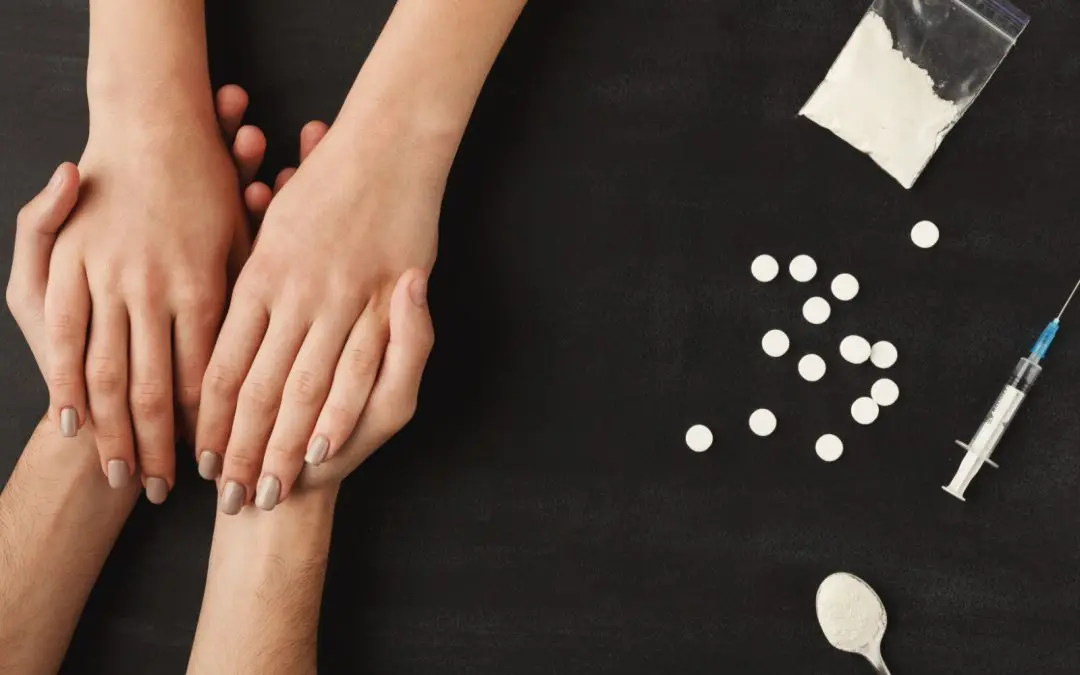24/7 Helpline:
(866) 899-111424/7 Helpline:
(866) 899-1114
Learn more about Bipolar Disorder Treatment centers in Ochelata






Grand Lake Mental Health Center
Grand Lake Mental Health Center is a private rehab located in Bartlesville, Oklahoma. Grand Lake Men...

Youth and Family Services of Washington County
Youth and Family Services of Washington County is a non-profit rehab located in Bartlesville, Oklaho...








































Jane Phillips Medical Center – Behavioral Health
Jane Phillips Medical Center – Behavioral Health is a drug and alcohol rehab located in Bartlesville...



































Other Insurance Options

Evernorth

Molina Healthcare

Regence

MHNNet Behavioral Health

AllWell

Optum

Humana

Magellan Health

Meritain

Providence

UMR

Self-pay options

Holman Group

CareSource

WellPoint

Premera

Health Choice

CareFirst

Cigna
Beacon